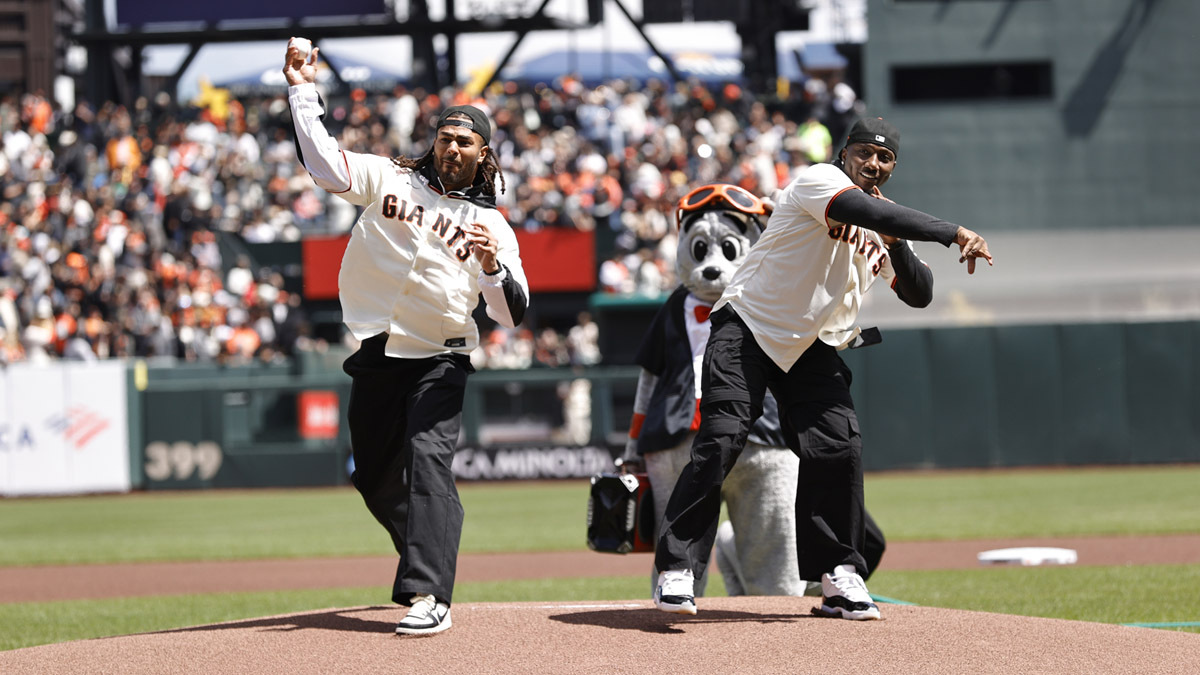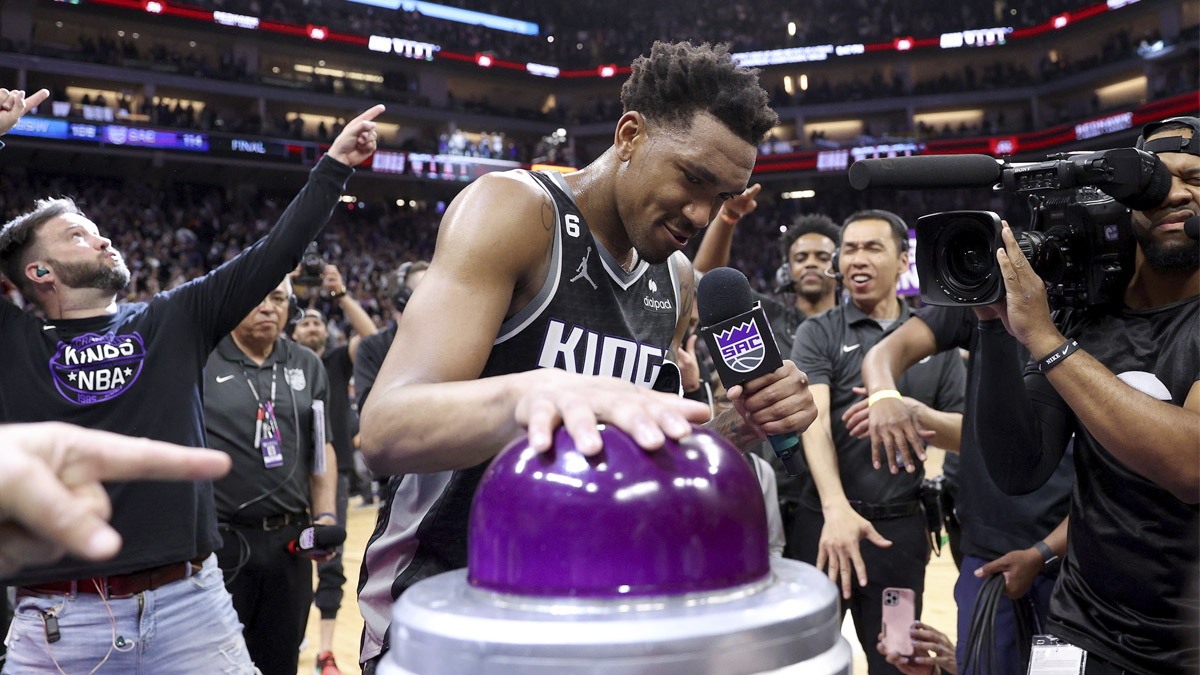
It is time to celebrate the Olympics with the greatest athletes in the world coming together to create competitive magic.
The Olympics represent the pinnacle of the "green" movement in sports. The 2008 Beijing Summer Games were a $44 billion marketing program for China’s global image. The Sochi Winter Olympics cost the Russians $51 billion dollars in 2014.
How and when did this explosion of Olympian financial proportions come about and why? The five rings are the most expensive in all the world of sports broadcasting.
Stay in the game with the latest updates on your beloved Bay Area and California sports teams! Sign up here for our All Access Daily newsletter.
Peter Ueberroth headed the LAOC (Los Angeles Organizing Committee) in 1984. The LA event cost was a drop in the economic bucket at $320 million -- the first Olympics to turn a profit since 1932 and also the last to produce a cash surplus.
There is an ongoing bid that Los Angeles and the USOC are pursuing for the 2024 Summer Games. Based on the complexity and cost of securing the Olympic Games, will the Golden State and the United States continue to pursue?
The stratospheric increase in television rights began in earnest after 1984.
TV DEALS
1980 Moscow (summer) -- $87 million (The USA and 64 other countries boycotted due to the Russian invasion of Afghanistan.)
1980 Lake Placid (winter) -- $15.5 million
1984 Los Angeles (summer) -- $225 million
1984 Sarajevo (winter) -- $91.5 million
1988 Seoul (summer) -- $300 million
1988 Calgary (winter) -- $309 million
1992 Barcelona (summer) -- $401 million
1992 Albertville, France (winter) -- $243 million
News
Moved to every two years between summer and winter...
1994 Lillehammer (winter) -- $300 million
1996 Atlanta (summer) -- $456 million
1998 Nagano (winter) -- $375 million
2000 Sydney (summer) -- $715 million
2002 Salt Lake City (winter) -- $555 million
2004 Athens (summer) -- $793 million
2006 Turin, Italy (winter) -- $613 million
2008 Beijing, China (summer) -- $894 million
2010 Vancouver (winter) -- $820 million
2012 London (summer) -- $1.8 billion
2014 Sochi (winter) -- $1.3 billion
2016 Rio (summer) -- $1.2 billion
2018 Pyeongchang, South Korea (winter) -- $950 million
TV money counts for 47 percent of all Olympic revenues. Sponsorship is 45 percent, ticketing five percent and three percent from licensing. Fees from the United States accounted for $2.15 billion out of a global total of $3.9 billion. NBC paid $4.4 billion for the rights to the IOC for 2014-2020. In 2014, NBC committed to spending an additional $8 billion for media rights through 2032.
The Olympics provide one of the most powerful tools of global appointment viewing.
Sports is a global language and these world-class athletes are known from Albania to Zimbabwe. The multiplicity of digital devices of today and the technology of the future -- including virtual and augmented reality -- give the Olympic Games and NBC a spectacular laboratory for creating the broadcasting model for the next few decades.
As long as there are countries willing and able to spend whatever it takes to acquire the marketing magnet that the Olympics represent, the rights increase will continue. World's fairs of the past have receded into obscurity, but hosting the Olympics puts a city, region, country and its leaders on the map. The profits of petro-dollars can pay the freight for many of the host countries that also don’t have to deal with legislative, financial, construction costs and environmental challenges that we have in America.
The Olympic motto is Citius, Altius, Fortius meaning Swifter, Higher, Stronger. We can add Costlius for any nation that wants to host the most expensive sporting event in the world.


